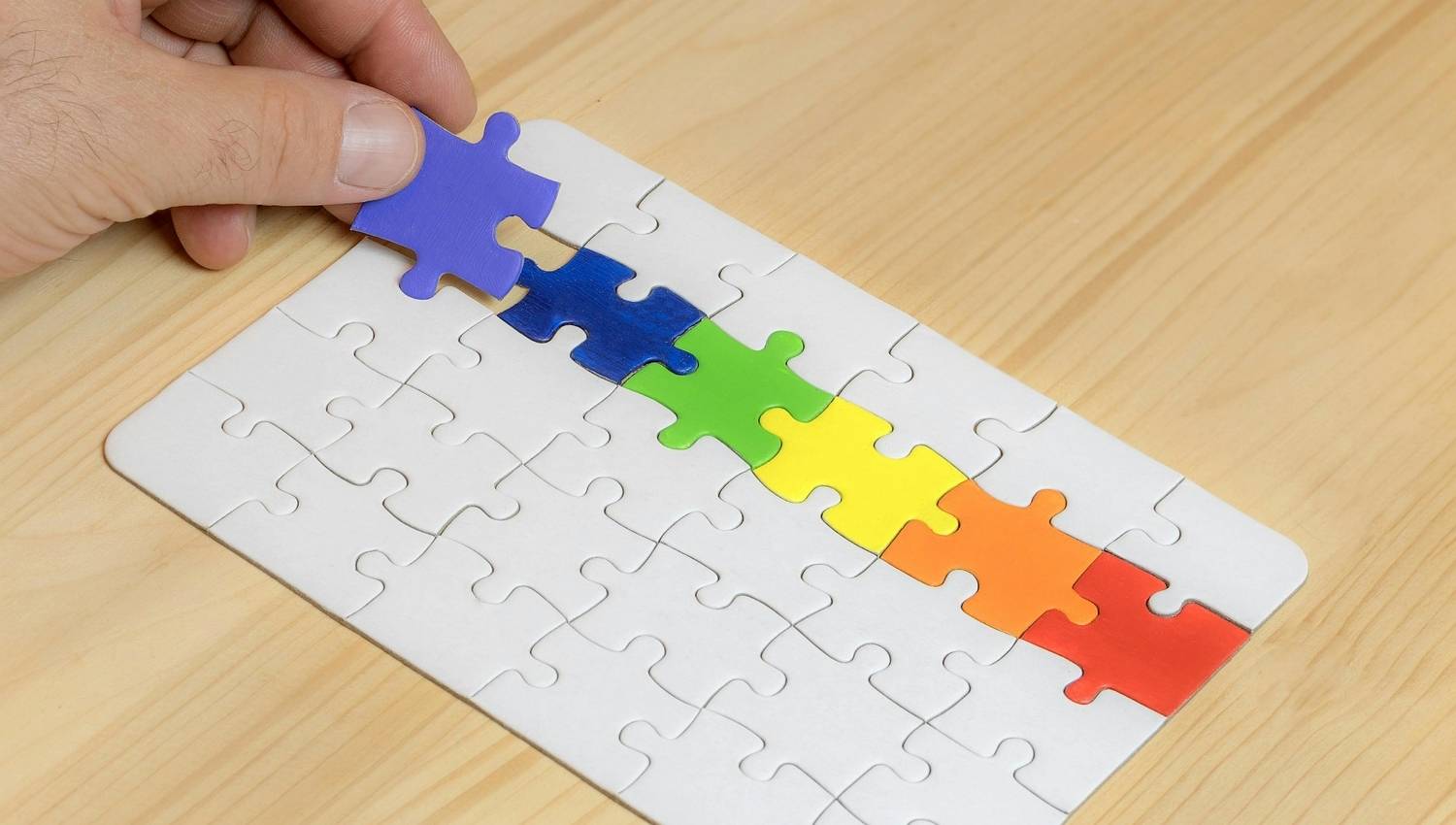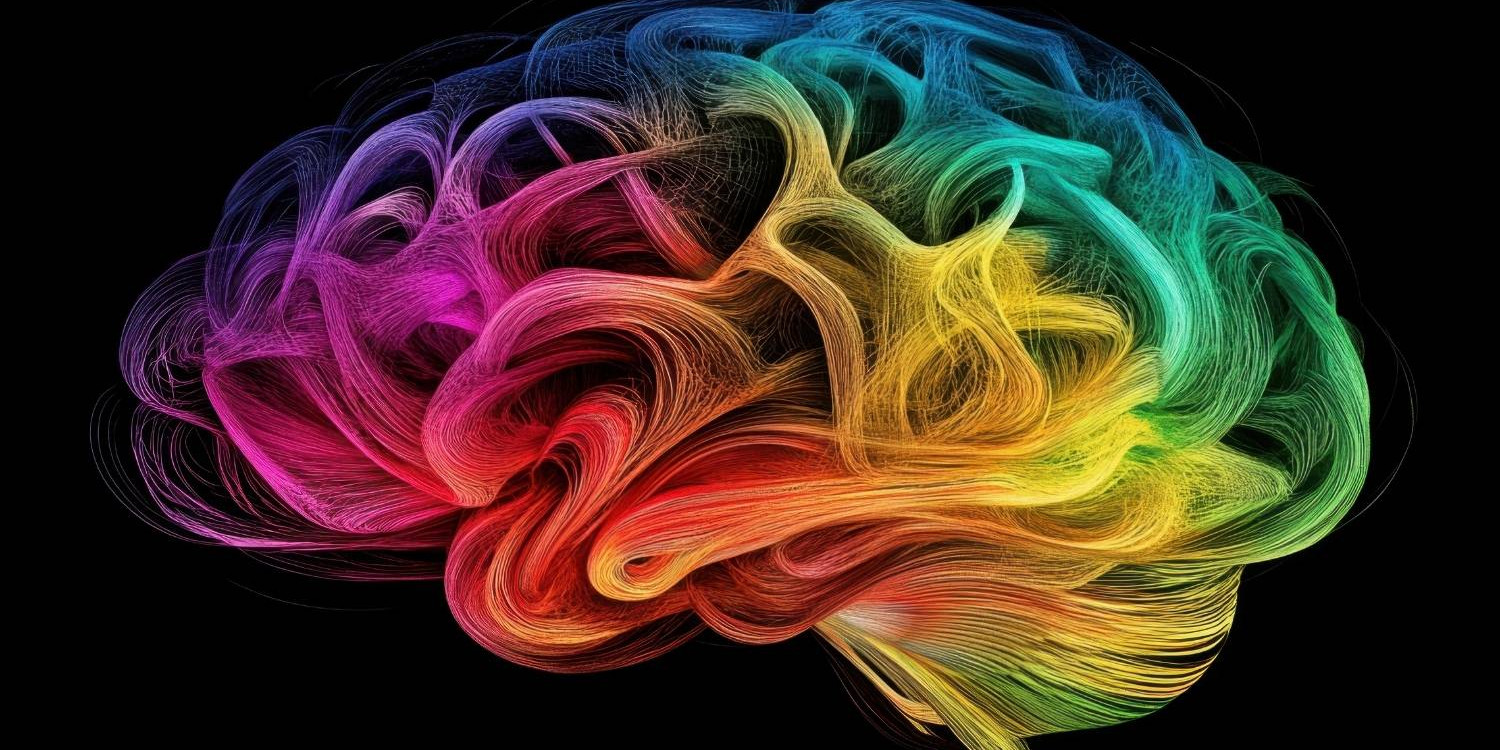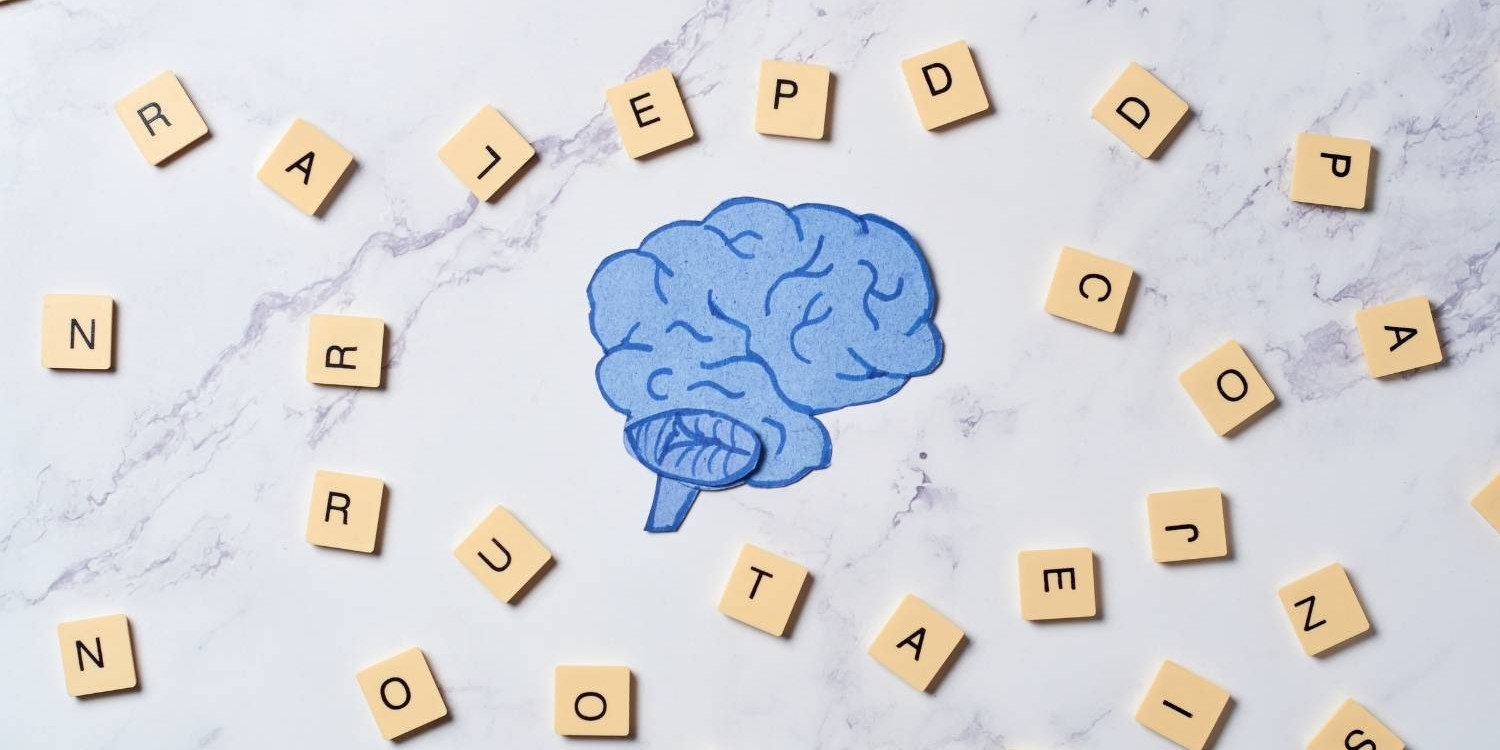In a world where multitasking has become the norm, the ability to stay sharp, focused, and mentally agile is more valuable than ever. Whether you’re a student, professional, or competitive memory athlete, improving memory isn’t just about recall—it’s about training your brain for peak cognitive performance.
The good news? You don’t need a photographic memory to think faster, remember better, and perform smarter. These five proven techniques, backed by neuroscience and tested in competitive memory environments, can help anyone unlock their mental potential.
1. The Memory Palace Method (Method of Loci)
One of the oldest and most effective techniques for memory improvement, the Memory Palace works by associating information with familiar locations. The concept is simple: visualize a physical space—your home, office, or even a street—and mentally “place” bits of information in different spots.
When you need to recall the data, simply walk through your mental palace and retrieve each piece of information.
This technique is powerful because it leverages the brain’s natural ability to remember spatial and visual information, turning abstract data into tangible experiences.
Best for: memorizing lists, speeches, or sequences of data.
2. Chunking: Simplify to Amplify
Our brains struggle to remember long strings of random information. Chunking solves this by breaking complex data into smaller, manageable clusters.
For example, instead of trying to memorize the number 49271839, break it into chunks—4927 1839. The same principle applies to learning names, languages, or academic material.
This method enhances working memory capacity by reducing cognitive load, allowing the brain to process and recall more effectively.
Best for: numerical data, language learning, and structured memorization.
3. Visualization and Association
Memory thrives on emotion and imagination. When you connect new information with vivid mental imagery or emotion, it becomes far easier to recall later.
If you need to remember the word “bridge,” for example, don’t just read it—picture yourself standing on a massive bridge connecting two cliffs. The more absurd, colorful, or emotional the image, the stronger the neural connection.
This technique is frequently used by competitive memory athletes who can memorize hundreds of words or faces using imaginative association systems.
Best for: abstract concepts, vocabulary, and name-face recall.

4. Spaced Repetition: Train Your Brain to Retain
Cramming doesn’t work because short-term memory fades quickly. The spaced repetition method uses timed intervals to move information from short-term to long-term storage.
Tools like Anki, SuperMemo, or even traditional flashcards implement this principle, prompting review at strategically spaced intervals.
Over time, the brain strengthens memory traces, improving both accuracy and retention.
This technique is especially effective for mastering large bodies of knowledge—languages, medical terms, or historical data.
Best for: long-term retention, academic mastery, and competitive training.
5. Cognitive Cross-Training: Exercise Your Mind Like a Muscle
Just like physical fitness, mental agility requires consistent training. Engaging in diverse mental exercises—puzzles, strategy games, logic challenges, and new skills—stimulates different areas of the brain, enhancing adaptability and processing speed.
Research shows that consistent cognitive challenges increase neural plasticity, improving focus, multitasking, and decision-making.
Incorporating variety keeps the brain flexible, resilient, and responsive to new information.
Best for: overall brain health, adaptability, and performance under pressure.
The Bottom Line
Improving memory and mental agility isn’t about innate talent—it’s about consistent practice, strategy, and discipline.
These five techniques have been tested by neuroscientists and elite memory competitors alike, proving that anyone can dramatically enhance cognitive performance with the right methods.
Your brain is your most powerful tool. Train it, challenge it, and it will reward you with focus, creativity, and clarity beyond what you thought possible.



